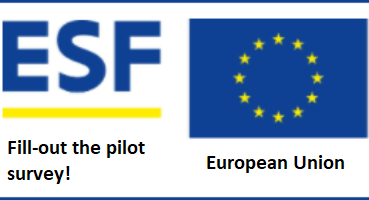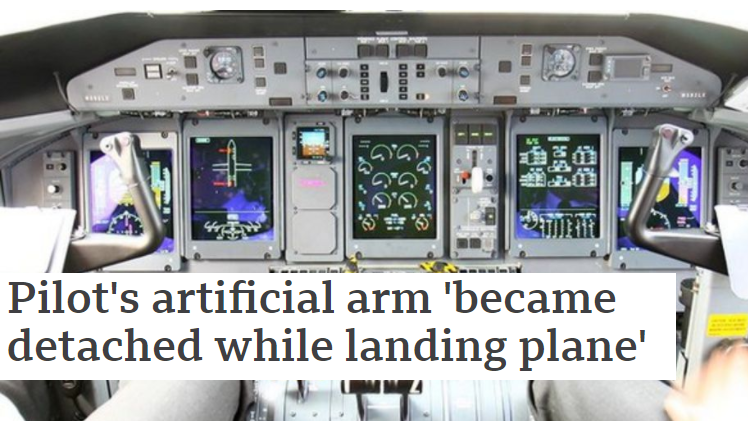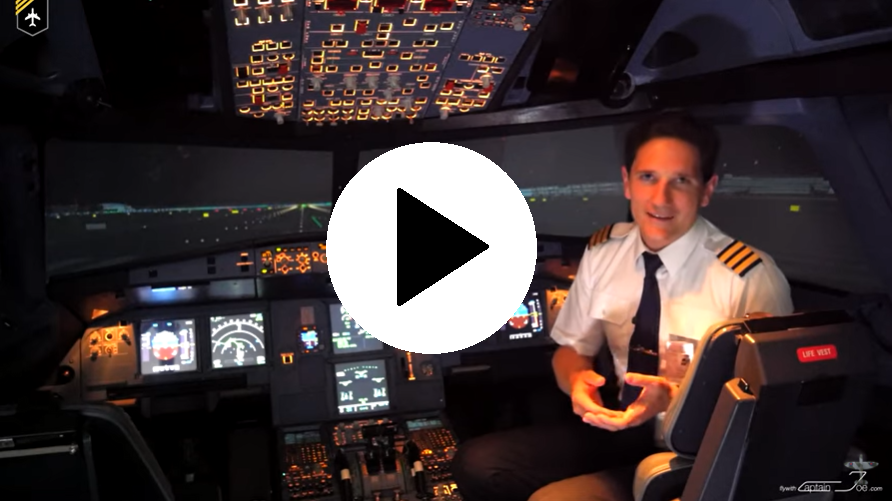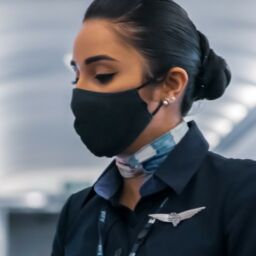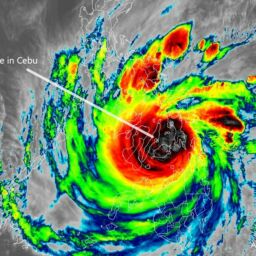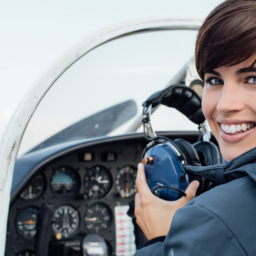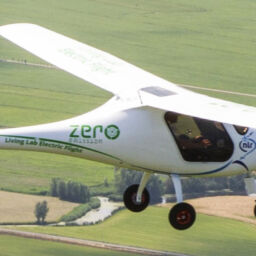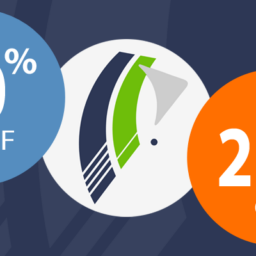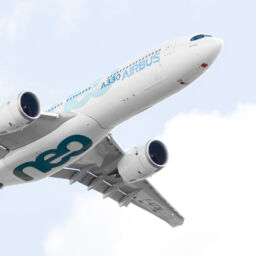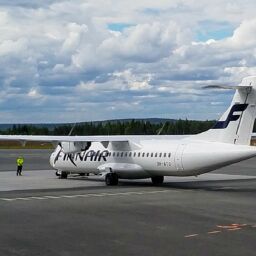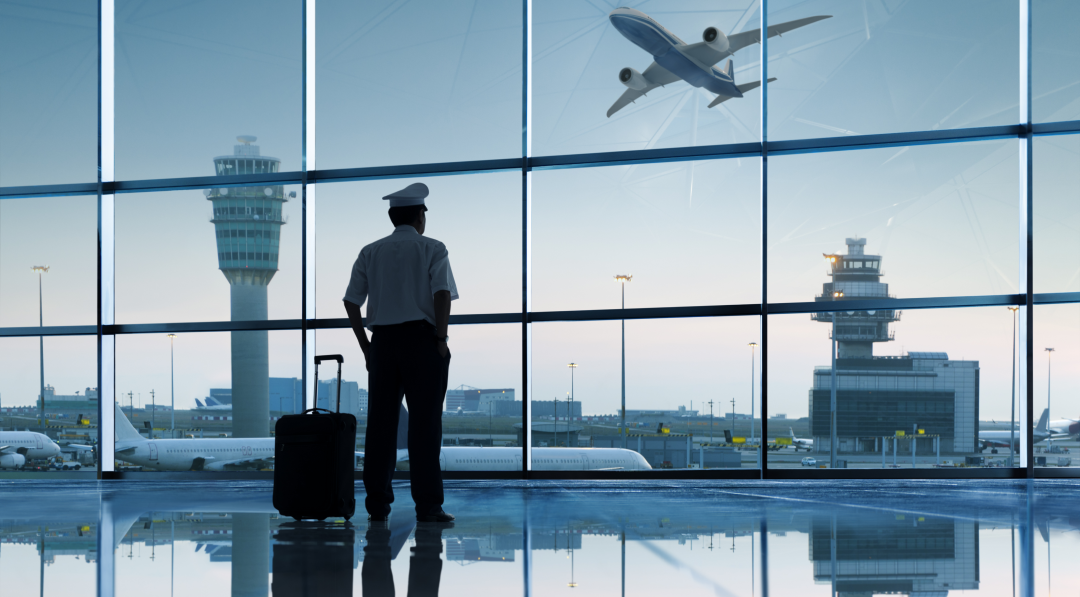
Bachelor, Master or Pilot?
Aviation administrations like EASA and FAA do not require you to have a college or university degree prior to obtaining a commercial pilot license. However, several major airlines do require a bachelor’s degree, but solely as a reference to demonstrate your abilities. The degree must not necessarily be in the aviation field. There are a number of colleges and universities that offer programs like a Bachelor in Pilot Training, Bachelor of Aviation, Bachelor of Science in Aeronautics, etc. Many of these programs include hands-on flight training and some of these award you with a commercial pilot license.
In my career as an airline pilot I have lost my job several times. There I was, a family with 3 children, a mortgage loan, but no job, no prospects and no degree. I moved to software development, a career that I had actually been doing parallel to my flying for years. Having another qualification at this point, could perhaps have made my life easier.
However, what struck me most is that many colleagues who did have a degree as an engineer, teacher or even physiotherapist, did not fall back on it. No one has taken up their degree to find a job outside of aviation. Pilots who lose their job after flying for 5 years do not return to a job on the ground. Even during this corona crisis, I tend to say that there is no need for obtaining a degree “as a backup” to losing your pilot job.
You must also look at the financial side of this dilemma. Studying at college or university for 5 years is expensive. Compared to a peer who immediately starts flying, you earn less money, not only because your peer is paid a pilot salary while you are still studying, but also because you will be in a lower pay scale during your entire career. Furthermore, all career upgrades, such as becoming a captain, come 5 years later. It’s definitely something you need to take into account.
You do not hear me saying that a diploma does not have any additional value. Studying a different subject is always very interesting. It broadens your insights and your knowledge. It also increases your chances of taking up office functions within the company, at the training or fleet office, in addition to your flying.
There are several reasons for which you can lose your pilot job. The greatest risk is actually not the economy, but your own health. Every year around 2% of professional pilots lose their license for medical reasons. But even then, I see most colleagues clinging to aviation. As human being, and actually all animals, we are very resilient. There are commercial pilots flying passenger airplanes with just one arm. A friend of mine is a 737 simulator instructor in a wheelchair. There is no vaccine that can beat our aviation bug!
Fortunately, the setbacks I have personally known have been temporary and local. Temporary contracts were not renewed, aviation companies were downsizing or went bankrupt. During those setbacks, there was still alternative employment with other companies, mostly abroad. The corona pandemic is a different situation. This crisis is on a worldwide scale, but it is also temporary! No doubt aviation will return to normality approximately 3 months after the vaccine was administered to the general public. I expect full recovery by the end of 2021. Until then, many pilots are without flying and have no prospect of an alternative. Depending on their financial reserves, some will be obliged to take up a ground job. And that opens the discussion whether a pilot license should be equated with a Bachelor or a Master degree.
In most countries there is no such equation. Only a limited number of countries recognize our skills of leadership, decision making and resource manager. Europe is currently investigating the equalization of a pilot license with a bachelor degree. It also investigates what resources are needed to transform pilots from a cockpit seat to another profession, in the event of permanent job loss. I hereby invite all EU pilots to complete this 15-minutes survey that is the base for this investigation (start here).
We are currently going through an unseen crisis. But there is no reason to panic, and there is certainly no reason to put aside your dream of becoming a professional pilot. People will always want to discover other places in the world, visit family abroad and take holidays. For the next two decades, until drones takeover, we’ll need helicopter pilots to bring workers to remote places, and to rescue people.
For sure, there is a future for pilots and cabin crew after this pandemic. Starting your pilot training today is actually good timing. You need 3 years to complete the training and by then aviation will be stronger than before.
But you have to take into account setbacks and job loss. Not just once, but multiple times! Apart from temporary contracts that are not renewed and companies that go bankrupt, there will be other challenges, such as climate change, fuel scarcity, CO2 emission. Job security is also the number 1 reason for Captain Joe to not become a pilot (video below). Setbacks will cross your path, but that’s no different in aviation than elsewhere. If you choose to become a farmer, you’ll know dry seasons and wet seasons. Whatever job you do, there will always be periods of success and periods of setbacks or personal failure. If you dream of becoming a pilot, then go for it!
Share this article with your friends and colleagues:
